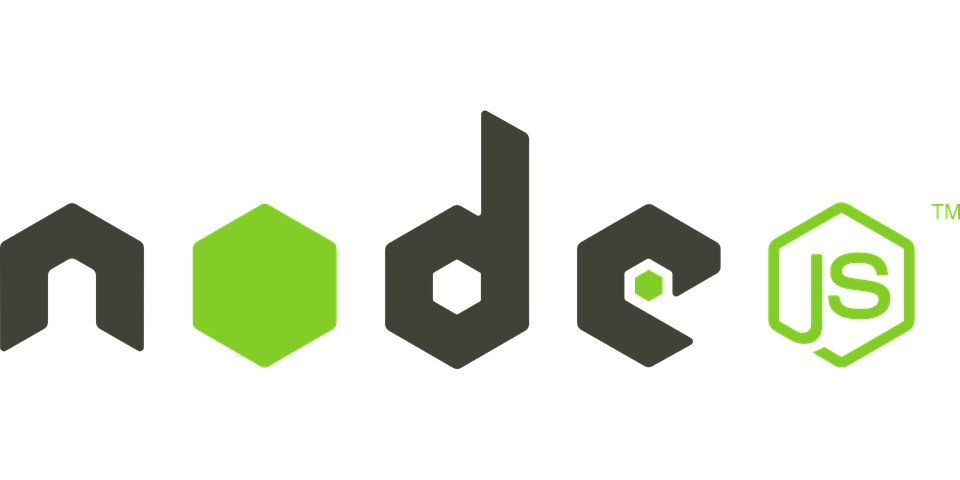Beat the ATS Systems
Smart Resume Builder
AI-optimized resumes that get past applicant tracking systems
6 min to read
In today’s time, software development has become a lucrative field for growth and job opportunities. Most companies have shifted their businesses to online platforms. Therefore, they require developers, be it frontend, backend, or just app. Keeping this in mind, most of our youth have focused on mastering app development.
But one of the fields in development that always requires developers is full-stack development. Full-stack development basically consists of expertise in HTML, CSS, and Javascript. With the knowledge of these three, you can design your own website and the entire framework.

And for building your website, you need to have a good knowledge of NodeJS. Many people are fearful of learning NodeJS. But don’t worry, we are focused on reducing your fear. So in this article, we are going to discuss the best way in which you can learn NodeJS.
Node.js is an open-source, cross-platform, back-end, JavaScript runtime environment that executes JavaScript code outside a web browser. Node.js lets developers use JavaScript to write command-line tools and for server-side scripting—running scripts server-side to produce dynamic web page content before the page is sent to the user’s web browser. Consequently, Node.js represents a “JavaScript everywhere” paradigm, unifying web application development around a single programming language, rather than different languages for server- and client-side scripts.
The Node.js distributed development project was previously governed by the Node.js Foundation and has now merged with the JS Foundation to form the OpenJS Foundation, which is facilitated by the Linux Foundation’s Collaborative Projects program.
Now that we have discussed the introductory part of NodeJS, let us see what is the need to study NodeJS.
Now we shouldn’t just start learning anything because everyone’s telling us. You should be knowing what you are studying and what’s the use of studying it The same thing goes for Node also. To answer what’s mentioned in the title, here are a few points that will help you in answering that question.
With this, the need to study NodeJS has been completed. Now, we go on to see how we can study it.

The biggest question for new learners is where they should learn NodeJS from. What are some of the best tutorials and/or instructors to learn Node JS? So in this article, we are going to mention the top courses available out there, from beginner to advanced level, which will help you in choosing the best option to learn NodeJS.
The Complete Node JS Developer Course
This course is one of the best courses you can find on NodeJS. It covers all the basic parts of Node JS before diving into Express JS, Mongoose, and MongoDB.
The target of the course is set only on one thing: Teaching you Node JS in such a way that you become a professional developer, capable of developing, testing, and deploying real-world production applications.
To summarise this in brief, it’s a great course for those who want to understand Node JS.
NodeJS- The Complete Guide(MVC, API, GraphQL)
This is one of the best Node JS courses available on Udemy. This course is created by the great instructor Maximilian Schwarmuller.
In this course, not only would you learn Node JS, but also many other technologies like Rest APIs with Node JS, Deno.js, GraphQL, APIs, and many more alongside it.
The main things you will learn in this course are:
In short, a nice way to learn NodeJS.
This is an advanced course to learn Node.js and it focuses on things like how to do caching with Redis, speed up through clustering, and add image upload with S3 and Node.
The important things you will learn in this course are mentioned below:
This course is perfect for those who have a brief understanding of NodeJS and want to understand next-level concepts.
This course, which is available on Pluralsight, is the best course to gain an understanding of Node for starters. It is one of the best courses out there which isn’t from Udemy.
Through this course, you will get to know the background of Node and ideas and techniques for writing asynchronous code, and the usage of callbacks and streams.
This is another good option to understand Node online. Not only will you get a brief understanding of essential concepts like Buffers and Streams but also how Node actually works. You will also get to understand how Node actually works.
You’ll also learn how asynchronous code works in Node and the Node event loop, as well as how to use the event emitter, streams, buffers, pipes, and work with files.
To summarise this course in a few words, it is the best available option for intermediate web developers and starters.
Node. js is primarily used for non-blocking, event-driven servers, due to its single-threaded nature. It’s used for traditional websites and back-end API services but was designed with real-time, push-based architectures in mind.
Node. js is nothing but an open-source application runtime environment that enables you to write server-side powerful applications using JavaScript. It is very lightweight, efficient as well as capable to use JavaScript on both – front-end and back-end development, and it opens new channels up for web development.
According to PayScale, the average Node. js salary in the US ranges from $48,000 to $130,000, with an average of $86,948 (at the time of the publication). At the same time, the median hourly rate is $26.75.
A Node. js developer is responsible for writing server-side web application logic in JavaScript and/or variants of it, such as CoffeeScript, IcedCoffeeScript, etc.
To conclude, Node JS is a great language for those who want to become a developer. The opportunities opened by Node JS are endless and it can give a good boost to your career. For learning it, you can use the courses mentioned above. I hope you find your answer through them.
Ans- Node. js is perfect for data-intensive applications as it uses an asynchronous, event-driven model. You can use I/O intensive web applications like video streaming sites. You can also use it for developing: Real-time web applications, Network applications, General-purpose applications, and Distributed systems.
Ans- NodeJS is an asynchronous event-driven JavaScript runtime environment designed to build scalable network applications. Asynchronous here refers to all those functions in JavaScript that are processed in the background without blocking any other request.
Need expert guidance? Connect with a top Codersera professional today!